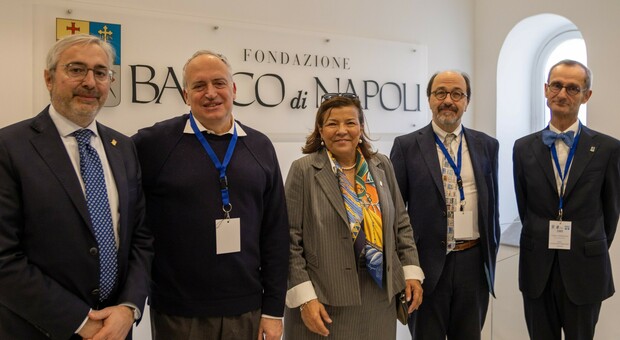In 2023, over 108 million people have been forced to flee worldwide,...
OFFERTA SPECIALE
OFFERTA SPECIALE
OFFERTA SPECIALE
Tutto il sito - Mese
6,99€ 1 € al mese x 12 mesi
Poi solo 4,99€ invece di 6,99€/mese
oppure
1€ al mese per 3 mesi
Tutto il sito - Anno
79,99€ 9,99 € per 1 anno
Poi solo 49,99€ invece di 79,99€/anno
Il Mattino
